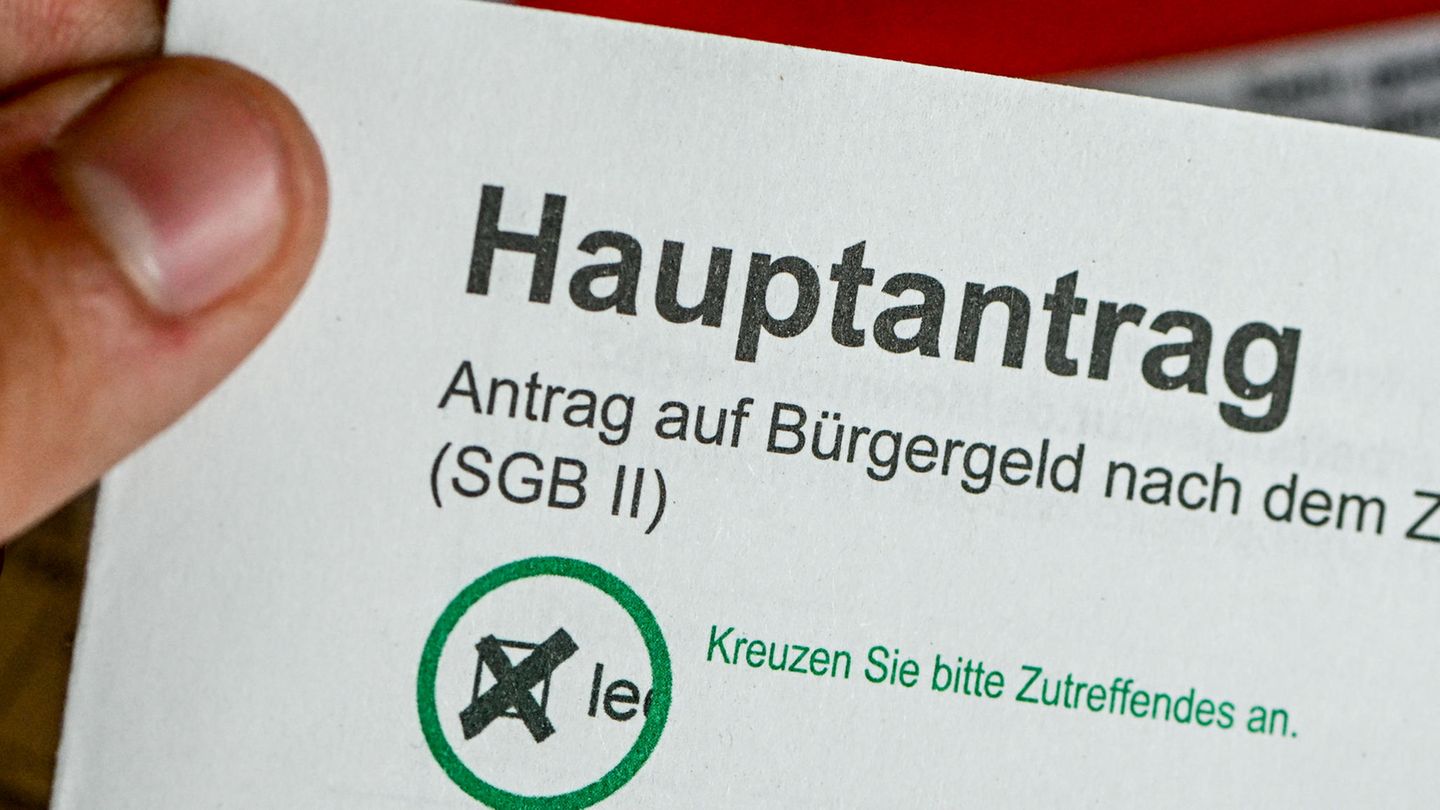interview
The CDU proposes a “new basic security” instead of citizens’ money, with tougher sanctions against benefit recipients who are unwilling to work. Labor market expert Joachim Wolff thinks little of it. Instead, he advocates cooperation on an equal footing, as the citizens’ benefit reform originally envisages.
Mr. Wolff, you have been investigating for many years how basic security measures affect job seekers. Now it beats CDU proposes to severely sanction “total objectors”. How do you view this initiative?
We know from studies that reduced performance can lead to people taking up work more quickly. But in some cases they then enter into worse employment relationships than they could achieve based on their potential. In extreme cases, when standard requirements or all benefits were completely canceled, this meant that people could no longer pay their bills. Their electricity is cut off and they no longer have hot water. And that hinders them from applying.
It turns out that the so-called “total refusers” only make up a small group of those seeking employment. The Federal Employment Agency has not collected exact figures. Why is she still being discussed?
Because the government has to save money. Also in basic security. The budget situation has become more difficult. And that is problematic because citizens’ money was only introduced in 2023. It tries to approach those entitled to benefits more closely and to draw up a cooperation plan with them on how they can be better integrated into the labor market.

What consequences would the CDU’s “New Basic Security” have?
If the party were to be elected next year, the citizen benefit reform would be canceled before we could even observe and examine whether the new system is working well or not. That would be a shame. But the traffic light government has made a similar proposal for tougher sanctions, which is now before the Federal Council.
I associate the word “total objector” with men who previously refused military service.
Military and community service, yes, they were total objectors. Although it is a historical word, it is a new term that does not fit at all with citizens’ money: the aim of the reform was to treat those entitled to benefits more on an equal footing.
According to the Federal Constitutional Court ruling from 2019, a one hundred percent reduction in benefits is not possible. Why is it still being discussed?
That is not completely right. A passage in the judgment takes up the example of total objectors, in other words. Under certain conditions, it says, a complete withdrawal of benefits can be justified. But in my opinion, the court did not mean that, contrary to how the CDU’s proposal could be read, that the withdrawal should be permanent.
Assuming this were enforced, what would be the consequences of withdrawal?
I cannot imagine that benefits will be permanently canceled. And if so, a lawsuit would certainly be filed against it quickly. For the job centers, this would mean that a few people would actually stop receiving benefits.
In the first eleven months of 2023, there were 201,465 cases in which benefits were reduced, 80 percent of them due to negligence. Only 13,838 people were refused job or further training opportunities. Those are few.
We have to be careful with these numbers. 2023 was a transition year in which citizens’ money was introduced. The sanctions moratorium, which was in force until the end of 2022, had an impact in the first few months. And before that there was the pandemic. Corona has had particular consequences in terms of reduced performance. Before a sanction can be imposed, a personal hearing must have taken place, which was not possible for many months. The processes inevitably had to be suspended.
Can sanctions on “total refusers” really save money?
I assume that this is not the only planned measure, but that the CDU would then rework all the sanctions and make them fundamentally stricter.
Does it make a difference whether benefits are called “citizen’s money” or “new basic security”, does the name have a noticeable effect?
Citizens’ benefit sounds different than unemployment benefit. Unemployment benefit II was actually not a good term because it went to people who were not necessarily unemployed. But to people, for example, who worked but did not have enough income to secure their existence. Yes, the name plays a role.
It is often argued that work is no longer worthwhile as a result of the reform. Is that correct?
As a rule, you get more out of it when you work than when you don’t work. The question is not just whether the extra is enough as an incentive to go to work. It may be that this is sometimes not the case. But work also promises social contacts, recognition and appreciation. Work is worth it in many ways.
In 2023, only 2.3 percent of the who receive basic security benefits start employment within one month. In the two previous years it was 2.7 percent. Is citizen’s money more attractive than a job?
It’s too early to judge. The citizen’s benefit reform must first be implemented. Reform takes time.
What progress has been made recently in trying to get people back to work?
Much has improved, especially for people who have great difficulty finding work again. After a long time without work, many of them become demotivated or have health problems. And the Participation Opportunities Act has made a difference: employers who employ the long-term unemployed were paid wage subsidies. That worked.
Source: Stern
I have been working in the news industry for over 6 years, first as a reporter and now as an editor. I have covered politics extensively, and my work has appeared in major newspapers and online news outlets around the world. In addition to my writing, I also contribute regularly to 24 Hours World.




